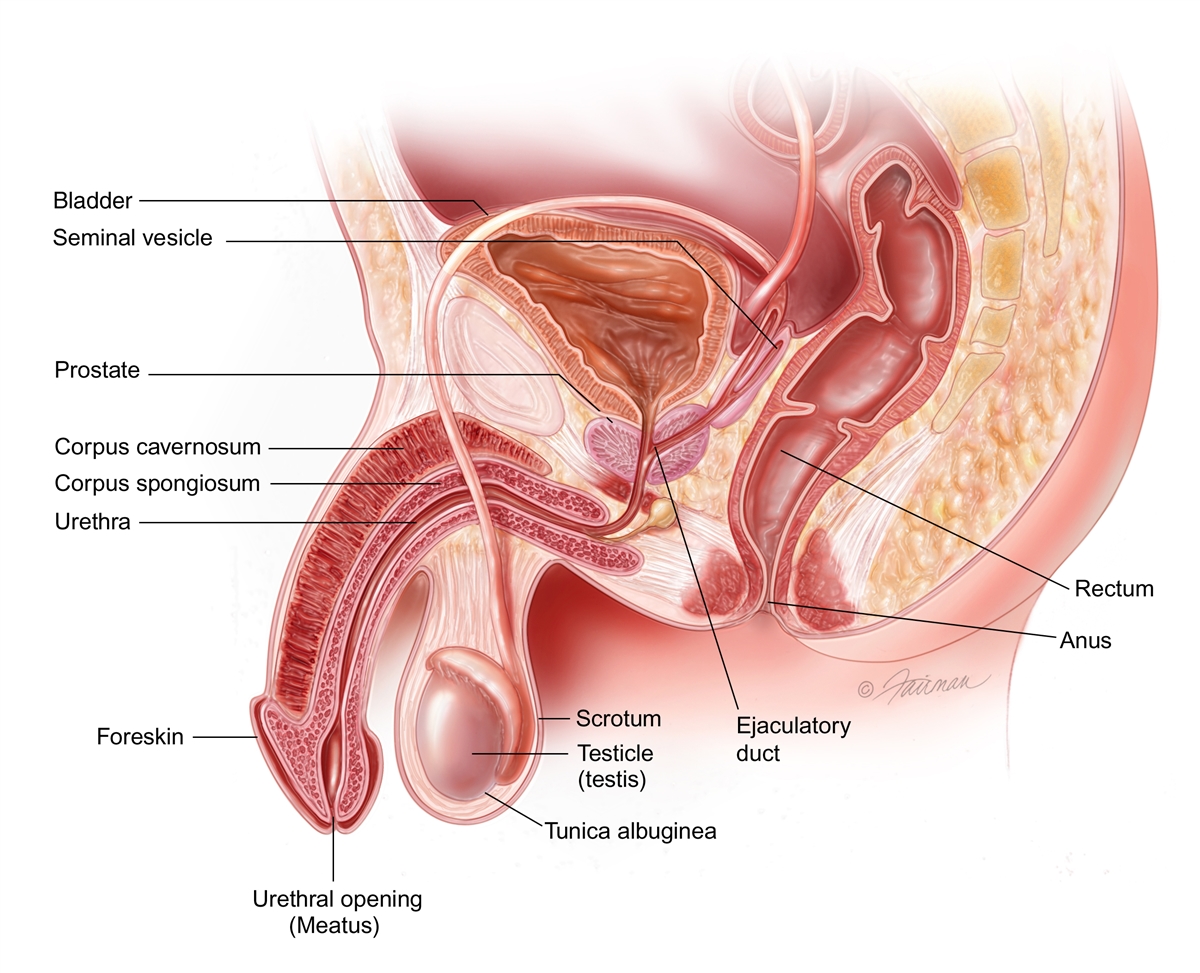
September is the Month of Prostate cancer awareness.
Unlike type 2 diabetes, high blood pressure and high cholesterol, which are common ailments afflicting middle-aged and elderly men, prostatic diseases are an affliction which are relatively lesser-known by the general public. In our country, almost every two out of three men aged 40 years and above suffer from symptoms due to BPH (Benign Prostatic Hyperplasia). Most of these patients ‘normalise’ their symptoms, as an inevitable consequence of ageing or attribute it solely to external factors. Many patients approach the doctor first only on severe worsening of symptoms or upon developing complications like acute urinary retention (sudden painful inability to pass urine), recurrent urinary infections, the formation of stones and kidney damage. According to the National Cancer Institute (NCI), almost all prostate cancers are adenocarcinomas (cancers that begin in cells that make and release mucus and other fluids). Prostate cancer often has no early symptoms. Advanced prostate cancer can cause men to urinate more often or have a weaker flow of urine, but these symptoms can also be caused by benign prostate conditions. This brings the role of screening in the older age group populations.
American Cancer Society Recommendations for Prostate Cancer Early Detection:
The American Cancer Society (ACS) recommends that men have a chance to make an informed decision with their health care provider about whether to be screened for prostate cancer. The decision should be made after getting information about the uncertainties, risks, and potential benefits of prostate cancer screening.
Men who want to be screened should get the prostate-specific antigen (PSA) blood test. The digital rectal exam (DRE) may also be done as a part of screening.
Prostate-specific antigen (PSA) is a protein made by cells in the prostate gland (both normal cells and cancer cells). PSA is mostly found in semen, but a small amount is also found in blood. The PSA level in blood is measured in units called nanograms per milliliter (ng/mL). The chance of having prostate cancer goes up as the PSA level goes up, but there is no set cut off point that can tell for sure if a man does or doesn’t have prostate cancer. Sensitivity and Specificity of PSA in detecting prostate cancer is 85% and 65% – 70% respectively.
Factors that might affect PSA levels: (i) Benign Prostatic Hyperplasia (ii) Prostatitis (iii) Ejaculation (iv) Certain urological procedures (v) older age.
Digital rectal examination (DRE) is when a health care provider inserts a gloved, lubricated finger into per-rectum to feel the prostate for anything abnormal finding.
Sensitivity and Specificity of PSA in detecting prostate cancer is 70% and 50% respectively.
if you have any Emerangcy by health problem contact this No. (+91) 7980 408 683 / 9830 158 619 or contact form
© 2021, All rights reserved by Dr. Sanjoy Roy